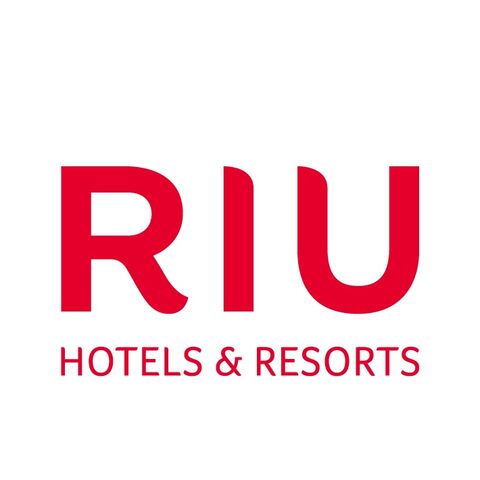- The NGO Projeto Biodiversidade records 15,000 nests on the island of Sal; while on Boa Vista, BIOS CV counts 14,500, three times more than last year. Both associations are supported by RIU Hotels in Cape Verde
With the support of RIU Hotels & Resorts, two Cape Verdean environmental conservation organisations, Projeto Biodiversidade and BIOS CV, have contributed to the greatest number of loggerhead sea turtle (Caretta caretta) nests ever recorded in the history of Cape Verde. In total, Projeto Biodiversidade recorded 15,000 new nests of this turtle in 2018, four times as many as in 2016, and 96% up on last year. For its part, BIOS CV in Boa Vista recorded 14,598 nests, a figure three times greater than that of 2017.
This season, from 11 June to mid November, is the third consecutive year with record spawning on the island of Sal, with 14,940 nests belonging to 2,939 female loggerhead turtles. Each female makes five nests every season. The NGO has also managed to release 98,195 sea turtle hatchlings from the hatcheries, 12 times greater than the figure in 2015, Projeto Biodiversidade’s first year.
According to data provided by the Cape Verdean association, the most popular nesting areas on the island of Sal are Costa da Fragata with 30% of the nests, Serra Negra, which has the greatest density of nests with 2.4 per metre of beach, and Algodoeiro. A total of 194 turtles were captured in 2018, 183 of which were taken by poachers and 11 were rescued. To protect nests that are in a poor condition or a dangerous location, the association moves them to various hatcheries on the island of Sal. This is the case of the nests on the RIU hotels’ beach which have been relocated to Projeto Biodiversidade’s largest hatchery, where it monitors 71% of the NGO’s 1,958 rehomed nests.
As regards Boa Vista, this year BIOS CV, with the support of RIU Hotels, has identified a total of 14,598 nests of 2,795 female loggerhead turtles on João Barrosa beach. This year the season ran from 20 May to 25 November and 64,528 turtle hatchlings were released from monitored hatcheries. In total, it is estimated that 309,665 turtle hatchlings were born on the five kilometres of João Barrosa beach in 2018.
It's very important to highlight that no adult females were captured this year, although five turtles did die from natural causes. A total of 60 lost females in grave mortal danger in the vicinity of the beach were rescued from wetlands, undergrowth and rocky areas. BIOS CV has monitored 3,411 nesting activities, identifying 2,795 different turtles, of which 1,914 were tagged for the first time. After the extension of the controlled hatcheries supported by RIU Hotels, the NGO has recorded 1,065 nests, 7.3% of the total. Lastly, at the Cabral beach hatchery, 91 nests from the beaches of the capital (Estoril, Chaves and Cabral) have been monitored and 5,997 turtle hatchlings were released and reached the sea.
Besides maintaining the hatcheries, RIU Hotels finances the structural expenses of the NGOs and collaborates in supporting the volunteers, as well as in other environmental activities with tour operators and customers. The hotels also comply with NGO recommendations so as not to alter the species’ environmental habitat.
All in all these are wonderful results considering that the loggerhead turtles on Cape Verde are the third largest population of this species in the world, which at the same time is also one of the 11 most endangered sea turtle populations on the planet. RIU Hotels, BIOS CV and Projeto Biodiversidade are thus strengthening an alliance that started in 2011 and 2016 respectively, in order to protect the wildlife of Cape Verde through plans to protect the environment and the ecosystem of the Sal island and Boa Vista archipelago.




 Austria
Austria







